 Download PDF of book.
Download PDF of book.
Strangers in Their Own Country, made available for download on the African Activist Archive website, presents the lives and struggles of the people of South Africa with stories, poems, role plays, news articles and historical readings.
This is the first and still one of the best collections of readings and lessons for students on the history of apartheid.
Contents
Preface
Perspectives of Teaching South Africa
Lesson 1: South African m & m Simulation
Lesson 2: Facts on South Africa
Lesson 3: Film: Last Grave at Dimbaza
Lesson 4: The “Homelands”: Point/Counterpoint
Lesson 5: Laws of South Africa
Lesson 6: The Pass Laws: And a Threefold Cord
Lesson 7: South African Story Writing
Lesson 8: Film: Afrikaner Experience
Lesson 9: Film: Generations of Resistance
Lesson 10: Nelson Mandela: The Rivonia Trial Speech to the Court
Lesson 11: Black Unions Struggle for Justice
Lesson 12: South Africa in the Region
Lesson 13: Learning to Resist: Namibia
Lesson 14: Debate: Should U.S. Corporations Invest in South Africa?
Lesson 15: Letters on South Africa
Lesson 16: Final Project
Student Handouts
ISBN: 0865430101 | Africa World Press
Classroom Story
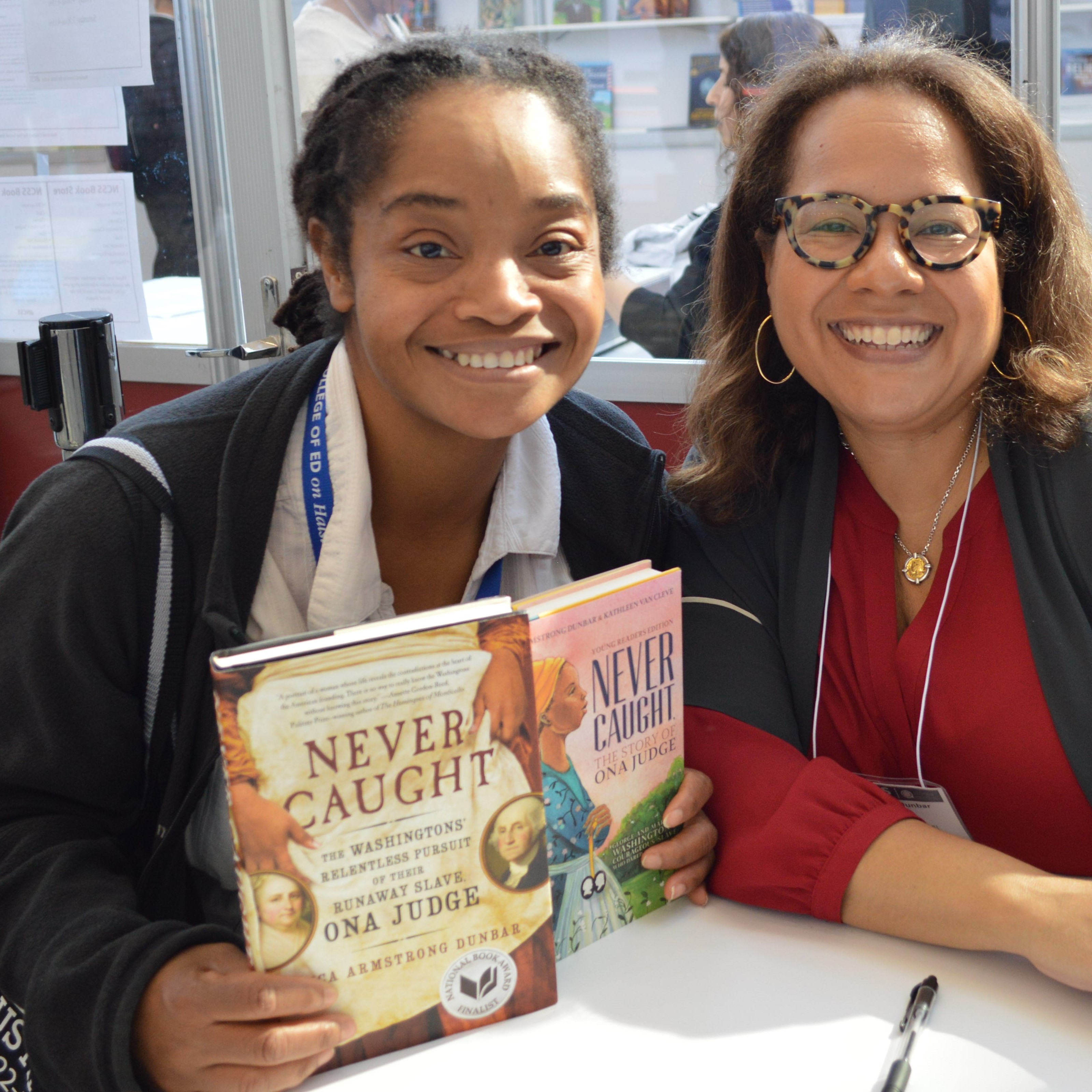
I used Strangers in their Own Country to talk about South African apartheid. I used it in connection with Facing History and Ourselves, about justice and reconciliation, and identity. I would connect the content to current issues. It helped my students understand the topic through different themes of identity, forgiveness, and reconciliation.
More Online Resources
| African Activist Archive. In addition to the lessons above, the website provides extensive multimedia historical materials and interviews with activists in the U.S. movement in solidarity with struggles of African peoples against apartheid, colonialism, and injustice. | |
 |
South African History Online: toward a people’s history. SAHO’s mission is “to break the silence of our past and to create the most comprehensive online encyclopedia of South African history and culture. SAHO has committed itself to involve heritage and academic institutions as well as ordinary South Africans in rewriting our history and in that way contributing to reconciliation, the building of a common humanity and a non-racial, non-sexist, and democratic society.” |
 |
Africa Access provides an online database with critical reviews of children’s books to help teachers, librarians, and parents select titles that do not reinforce stereotypes about Africa. |


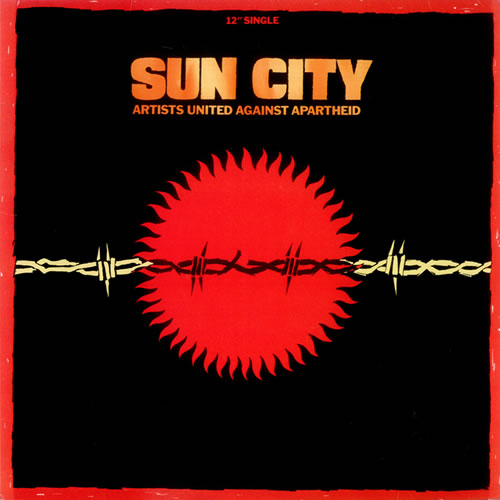
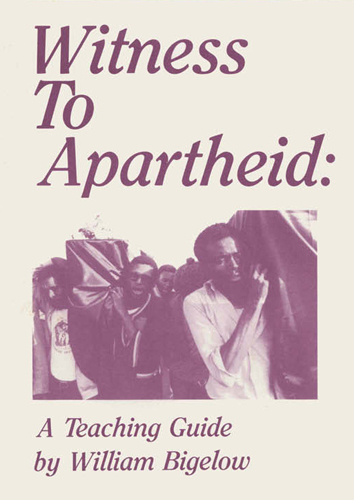
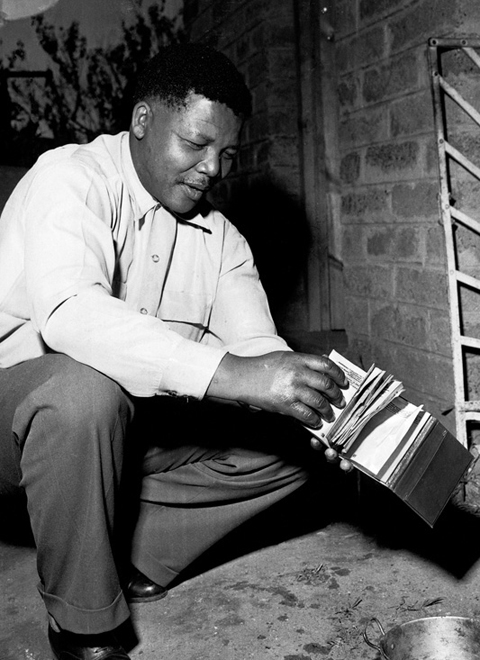

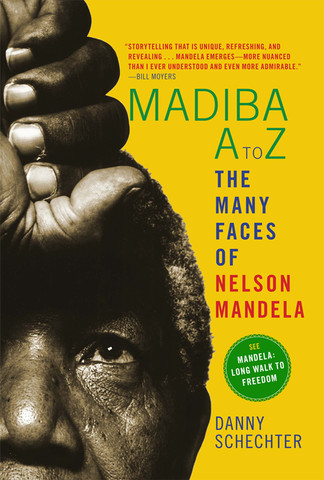
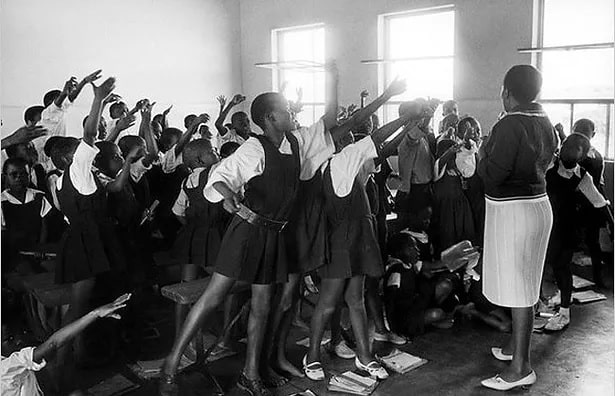
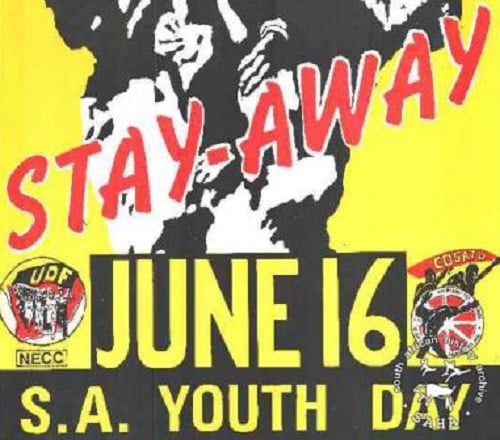
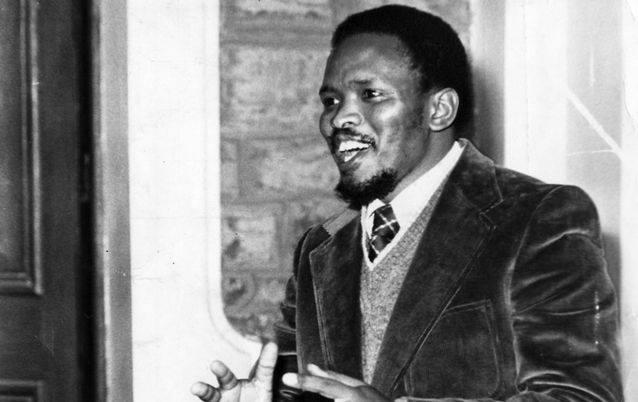






Twitter
Google plus
LinkedIn